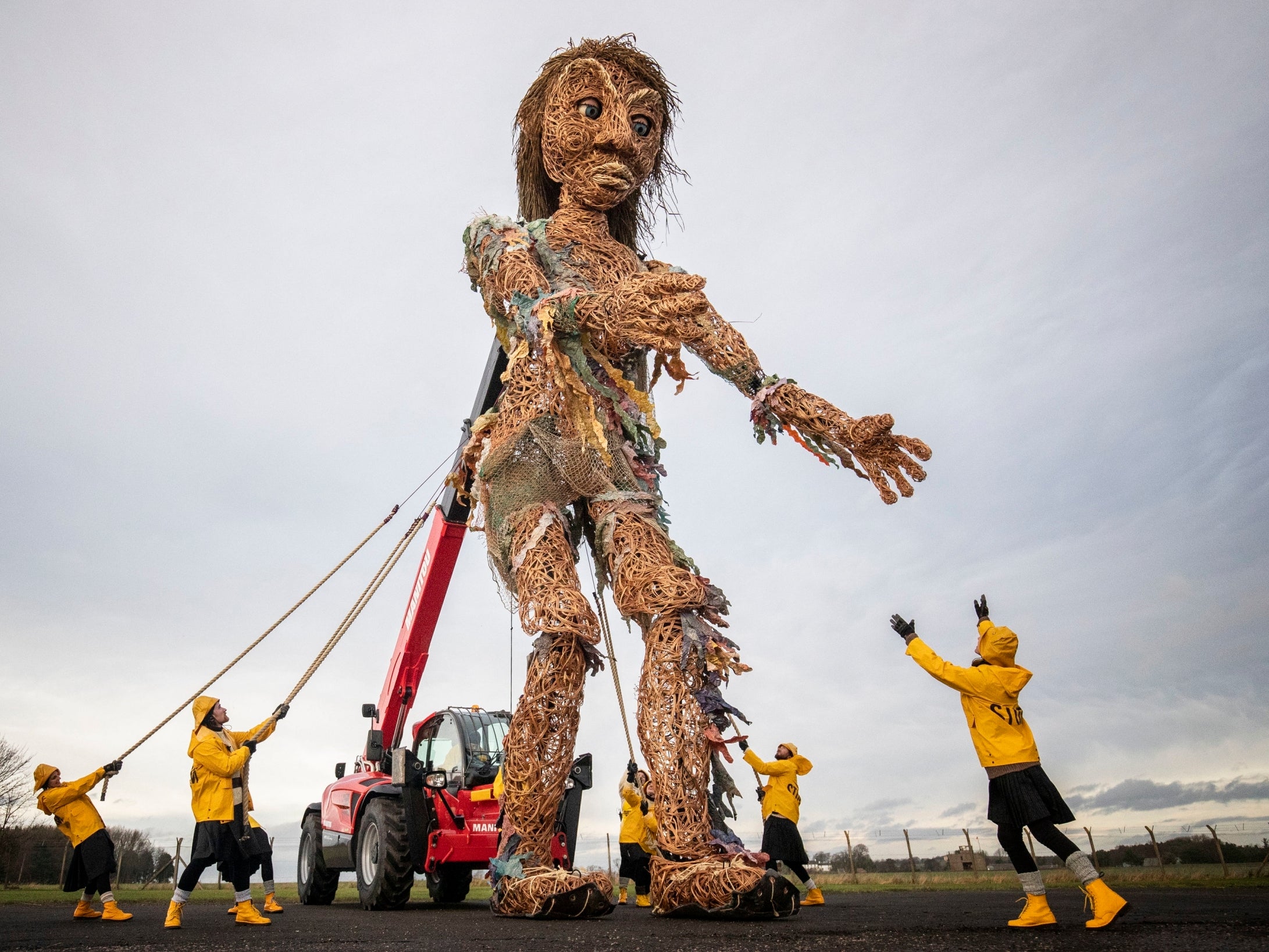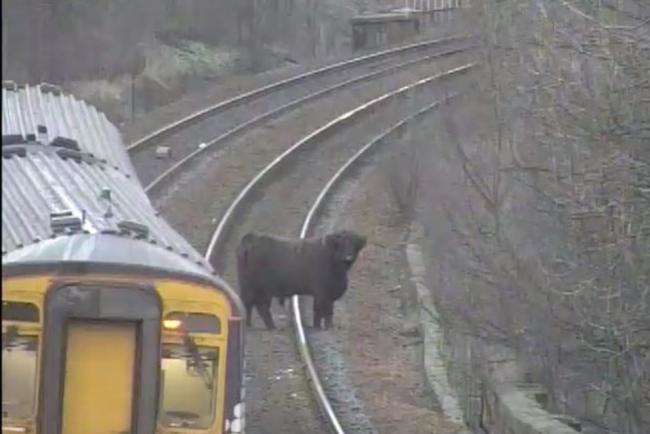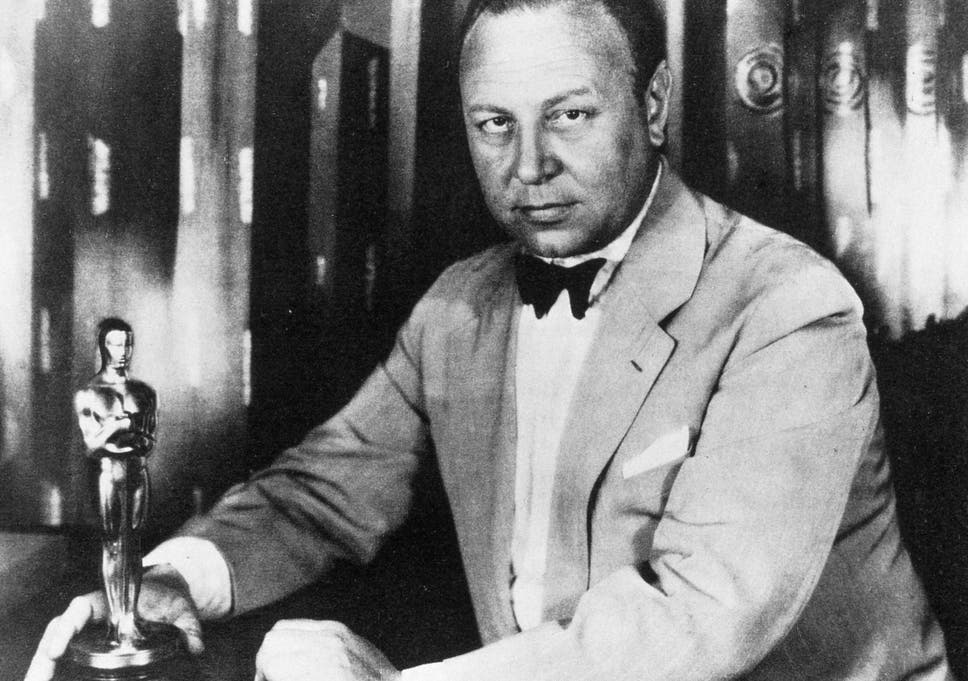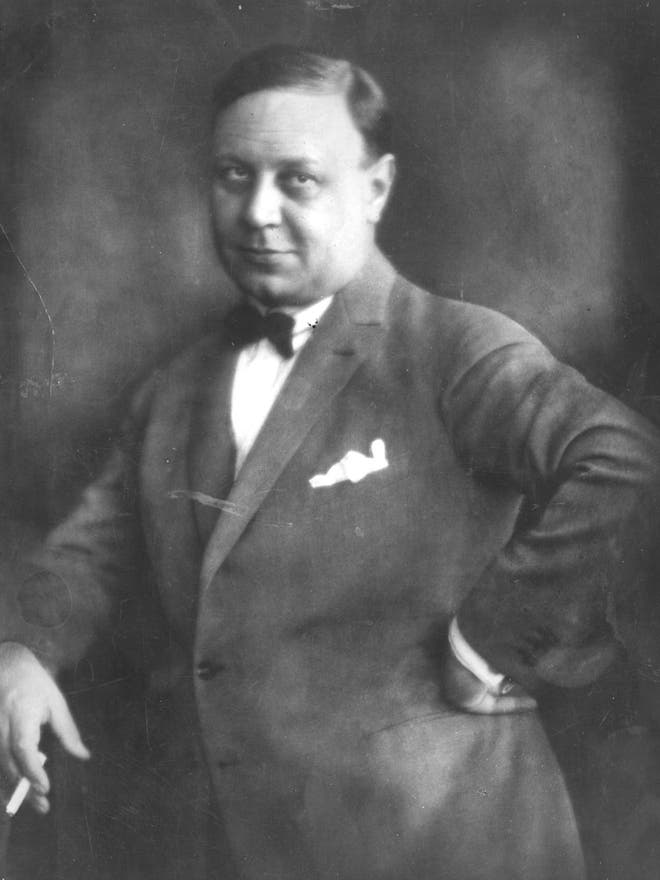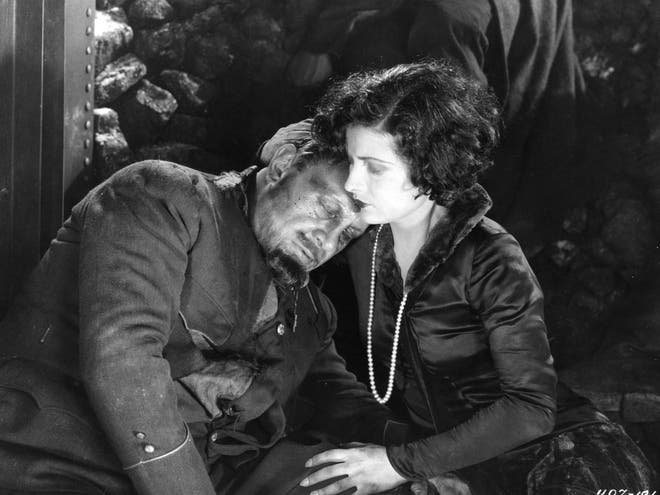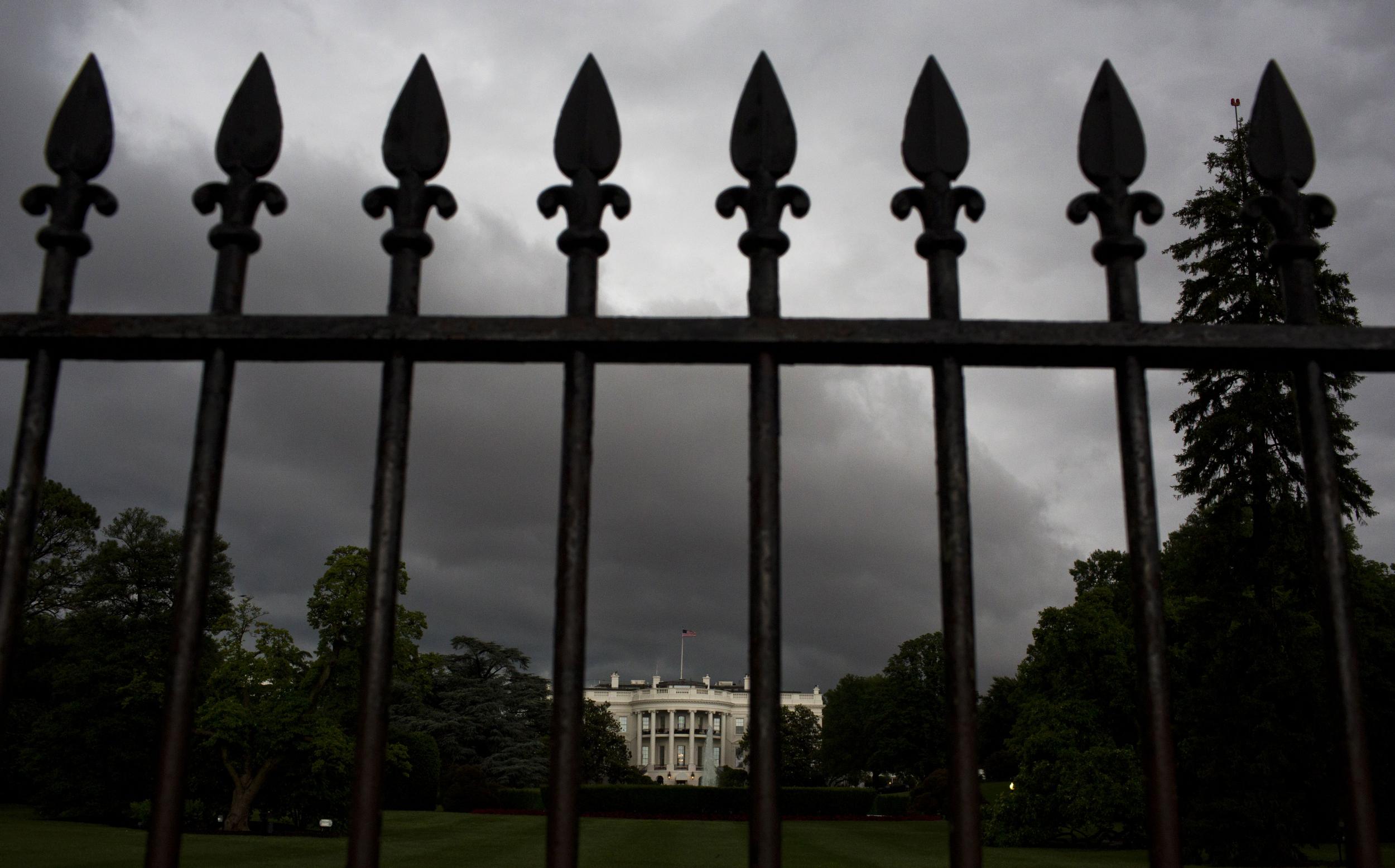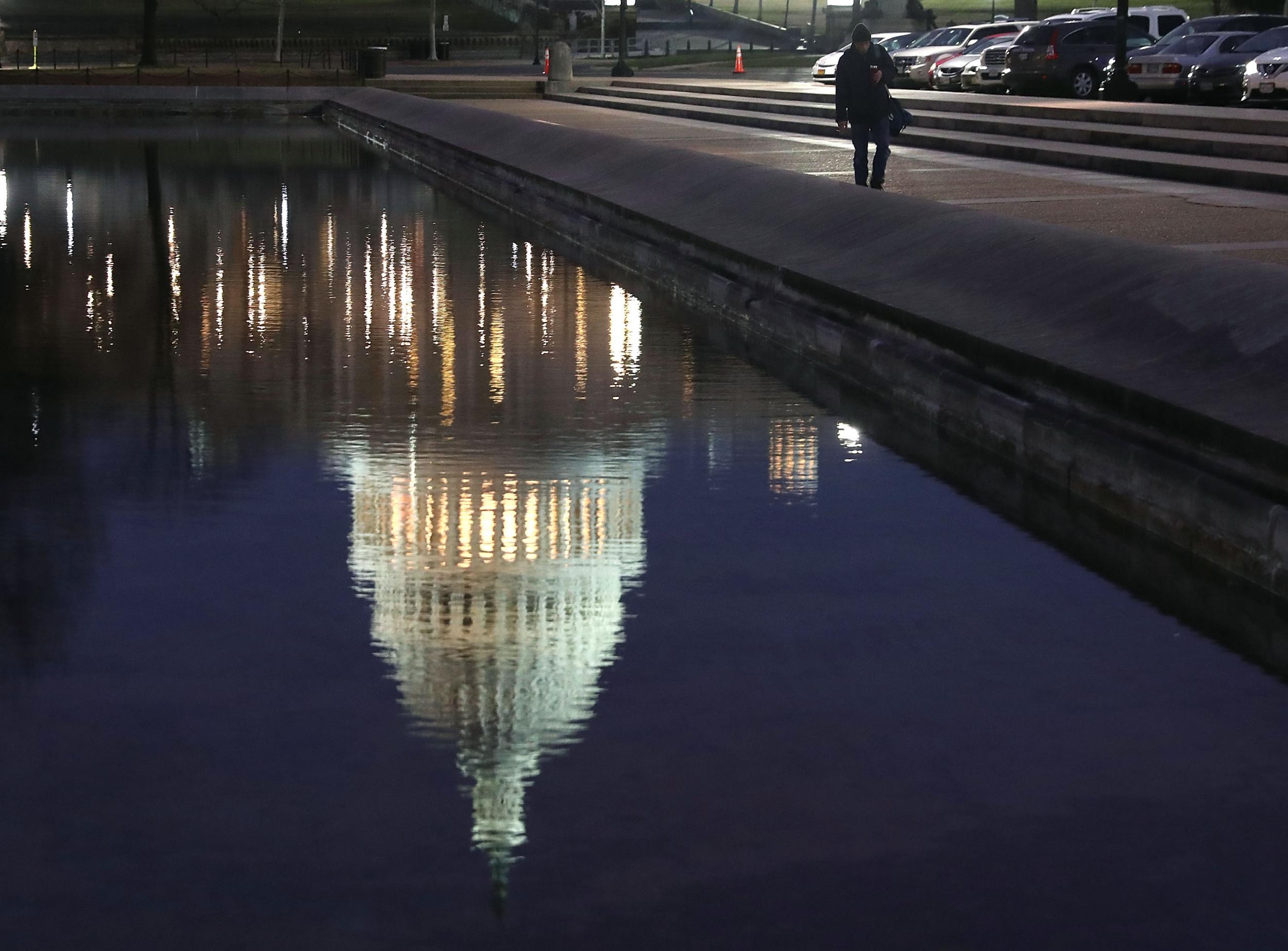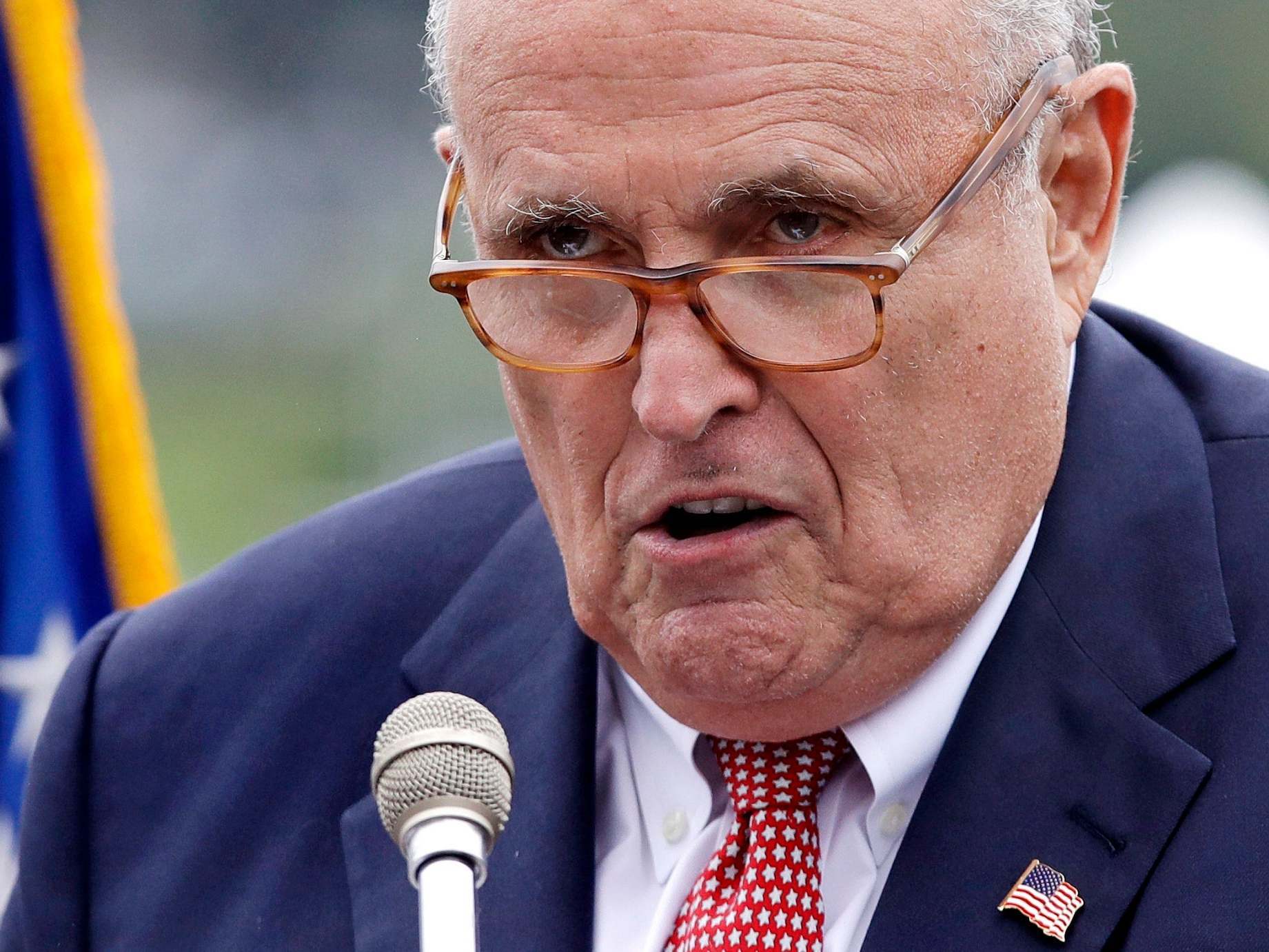SOLIDARITY FOREVER
AN INJURY TO ONE IS AN INJURY TO ALL
By Riley Krause cavemankrause Reporter - Croydon & Merton 
A barrister was arrested just hours into a protest outside St George's University of London on Monday morning.
Security guards at St George’s went on strike in protest at what their trade union has described as an “antiquated and discriminatory regime of outsourcing.”
During the industrial action, music was playing, horns were being blown and members from the union were handing out flyers outside the building.
But less than two hours into the first day of protests, police arrived at the scene.
Officers told the group that if they didn't move away from the building's entrance that they would "start nicking people" as they were "causing a nuisance."
At this point the music had stopped playing.
That was when lawyer Franck Magennis - who was part of the group protesting - stepped in to ask what was going on.
He questioned police about their right to stop the protest at the site and after a short discussion, was arrested.
"We are taking lawful industrial action as the security guards are in a dispute with their employer," Mr Magennis told the Wandsworth Times following his arrest.
"When I arrived on the scene there was no music and the police were trying to say, pursuant to legislation that we were trying to commit some specific crime that takes place on NHS property and they were threatening to arrest everyone.
"As a lawyer I stepped in and asked them to explain this and we were in the process of talking it through and one of the three elements of the offence requires you to be on NHS property without a reasonable excuse and committing a nuisance.
"So I was saying why do you think workers taking industrial action is not a reasonable excuse, he said ‘I’m not discussing it with you’ and I was saying they need to explain the offence and so he put his hand on my arm and arrested me."
Shortly after he was taken to a police van and after talking a bit more to the officers, he was taken out of the cuffs.
The group of protesters were however forced to leave the site less than two hours after the protest began.
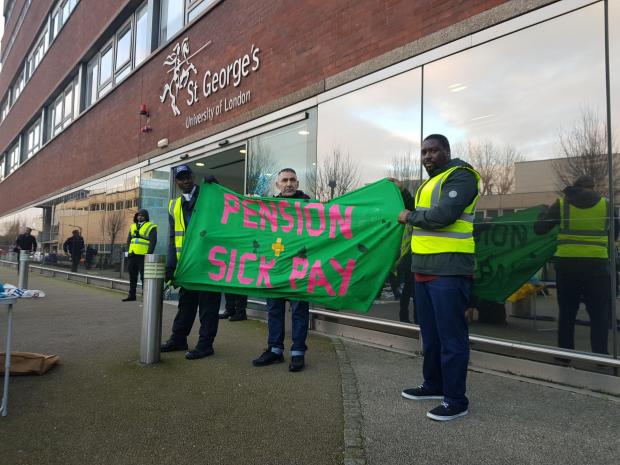
So why are they protesting?
The workforce is outsourced to Noonan Services Group UK. Trade union United Voices of the World (UVW) are demanding that the workers be made direct employees of the university.
The workers currently only receive the statutory minimum in sick pay, annual leave allowance, maternity pay, paternity pay, and pension contributions.
Among those striking today was Cetin Avsar who has worked at the hospital for nearly two years.
He told the Wandsworth Times: "They treat us as if we’re nothing, like we're not human beings.
"All we want is to go in-house and we want he same benefits as the SGUL staff. "We want equal pay, respect, equality, everything because we don’t get any sick pay, no other benefits.
"The management haven’t even had the decency to sit down and listen to us. The duty of care is being ignored."
Another member of the security staff who was out protesting was Denis B M Darboh.
He echoed those same sentiments.
"It makes you feel down," he added.
"We work longer hours, we don’t get sick pay at all, if we’re ill we have to struggle to get in.
"We have to argue to get holidays. We get treated differently. We want to come in-house so that we are on the same level."

While the university has not yet responded to a request for comment, a letter obtained by the Wandsworth Times was handed out during the police action.
The letter was from Jenni Doman, deputy director, estates and facilities at St George's University Hospitals NHS Foundation Trust.
It read: "I wanted to write to confirm the Trust's position on any strike and demonstration activity on site.
"As the site is private land including the perimeter road no industrial action can take place directly on any part of these areas.
As the landlord for your occupation this also includes the SGUL areas of occupation and all entrances and exits.
This is consistent with all Trust procedures in these instances.
"If this action is due to take place then this must be off site and all those participating in this must also be respectful to all those patients, visitors and staff/students visiting the site.
"If this is not followed them the Trust may take more formal action to remove anyone found not to be adhering to this."
A further 13 days of strikes had been planned throughout January and February.

A barrister was arrested just hours into a protest outside St George's University of London on Monday morning.
Security guards at St George’s went on strike in protest at what their trade union has described as an “antiquated and discriminatory regime of outsourcing.”
During the industrial action, music was playing, horns were being blown and members from the union were handing out flyers outside the building.
But less than two hours into the first day of protests, police arrived at the scene.
Officers told the group that if they didn't move away from the building's entrance that they would "start nicking people" as they were "causing a nuisance."
At this point the music had stopped playing.
That was when lawyer Franck Magennis - who was part of the group protesting - stepped in to ask what was going on.
He questioned police about their right to stop the protest at the site and after a short discussion, was arrested.
"We are taking lawful industrial action as the security guards are in a dispute with their employer," Mr Magennis told the Wandsworth Times following his arrest.
"When I arrived on the scene there was no music and the police were trying to say, pursuant to legislation that we were trying to commit some specific crime that takes place on NHS property and they were threatening to arrest everyone.
"As a lawyer I stepped in and asked them to explain this and we were in the process of talking it through and one of the three elements of the offence requires you to be on NHS property without a reasonable excuse and committing a nuisance.
"So I was saying why do you think workers taking industrial action is not a reasonable excuse, he said ‘I’m not discussing it with you’ and I was saying they need to explain the offence and so he put his hand on my arm and arrested me."
Shortly after he was taken to a police van and after talking a bit more to the officers, he was taken out of the cuffs.
The group of protesters were however forced to leave the site less than two hours after the protest began.

So why are they protesting?
The workforce is outsourced to Noonan Services Group UK. Trade union United Voices of the World (UVW) are demanding that the workers be made direct employees of the university.
The workers currently only receive the statutory minimum in sick pay, annual leave allowance, maternity pay, paternity pay, and pension contributions.
Among those striking today was Cetin Avsar who has worked at the hospital for nearly two years.
He told the Wandsworth Times: "They treat us as if we’re nothing, like we're not human beings.
"All we want is to go in-house and we want he same benefits as the SGUL staff. "We want equal pay, respect, equality, everything because we don’t get any sick pay, no other benefits.
"The management haven’t even had the decency to sit down and listen to us. The duty of care is being ignored."
Another member of the security staff who was out protesting was Denis B M Darboh.
He echoed those same sentiments.
"It makes you feel down," he added.
"We work longer hours, we don’t get sick pay at all, if we’re ill we have to struggle to get in.
"We have to argue to get holidays. We get treated differently. We want to come in-house so that we are on the same level."

While the university has not yet responded to a request for comment, a letter obtained by the Wandsworth Times was handed out during the police action.
The letter was from Jenni Doman, deputy director, estates and facilities at St George's University Hospitals NHS Foundation Trust.
It read: "I wanted to write to confirm the Trust's position on any strike and demonstration activity on site.
"As the site is private land including the perimeter road no industrial action can take place directly on any part of these areas.
As the landlord for your occupation this also includes the SGUL areas of occupation and all entrances and exits.
This is consistent with all Trust procedures in these instances.
"If this action is due to take place then this must be off site and all those participating in this must also be respectful to all those patients, visitors and staff/students visiting the site.
"If this is not followed them the Trust may take more formal action to remove anyone found not to be adhering to this."
A further 13 days of strikes had been planned throughout January and February.
